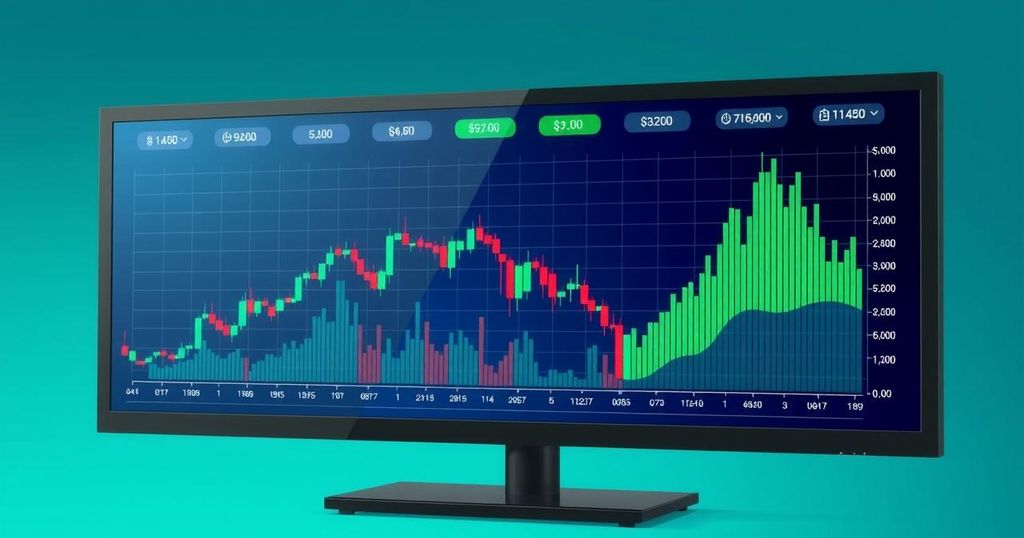On March 12, 2025, no trades occurred on the BVMAC, with over 3,000 shares available, of which many were unsold from renowned companies. Despite positive financial results from these firms, weak demand and cautious investor sentiment led to the inactivity in the market. Analysts suggest that a sudden spike in available shares from profitable companies can deter potential buyers, resulting in lower transaction activity.
On March 12, 2025, the Central African Stock Exchange (BVMAC) experienced a notable lack of trading activity, with no transactions recorded. The official trading bulletin indicated that over 3,000 shares were available for sale during this session, which included more than 1,000 shares from companies based in Cameroon.
The majority of unsold shares originated from Socapalm, the premier palm oil producer in Cameroon and a subsidiary of Luxembourg’s Socfin Group, with 544 shares listed but left unsold. Notably, there were also 282 shares of SEMC, a subsidiary of France’s Castel Group, that remained untouched, alongside unsold shares from Safacam and La Régionale Bank.
The BOC clarified that while buy and sell offers existed for shares of Safacam, Socapalm, and SEMC, no transactions were completed due to buyer prices being lower than selling prices. Furthermore, only 132 shares were requested in contrast to 1,118 shares listed for sale, indicating a significant lack of investor interest despite the strong financial results reported by these companies.
While the BOC did not elaborate on the reasons for this disinterest, market analysts suggest that an influx of shares from profitable companies might lead to investor hesitation. A sudden increase in the volume of shares for sale could create unease among potential buyers, who may interpret it as a potential warning of underlying issues, thereby holding back from participating in transactions.
In conclusion, the absence of trading on the Central African Stock Exchange highlights a critical disengagement from investors, despite robust financial performances by companies such as Socapalm, SEMC, and others. The notable disparity between available shares and requests points to a cautious market sentiment, where investors may interpret the volume of unsold shares as a potential signal of trouble. This situation underscores the complexities within the financial market in Cameroon, as investor confidence appears to be wavering despite favorable financial indicators.
Original Source: www.businessincameroon.com




